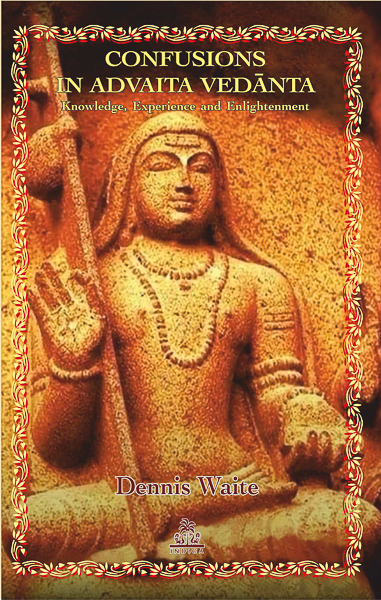[This Article, “The Supreme Consummation of Self-knowledge (in Summary)” is about the aspect of “How To” attain the unbroken abidance in/as the Self by a mature and ready seeker. It is (mainly) based on Shankara’s explanation at 18.50, BGB.]
Q: Of what nature is the Self-knowledge?
A: Of the same nature as the Self.
(In other words, Self and Self-knowledge are one and the same).
Q: Of what nature is the Self ?
A: Of the (same) nature as described by Lord Krishna (in the Bhagavad-Gita) and (also) as mentioned in the Upanishads.
Q: But the Upanishads say that the Supreme Self is formless and featureless. For example,
अरूपम् (formless) — 1.3.15, kaTha Upanishad.
Further, it is also said that the Self is not an ‘object’ that is available for perception:
न सन्दृशे तिष्ठति रूपमस्य न चक्षुषा पश्यति कश्चनैनम् (His form does not exist within the range of vision; nobody sees Him with the eye) – 4.20, Shwetaswatara; 2.3.9, kaTha.
In addition, the Self is,
अशब्दमस्पर्शम् (soundless, not touchable) – 1.3.15, kaTha.
The Self and the cognition (*) there of being formless and intangible, how can there be constant consummation on the Self? Continue reading

 The entire world is like a huge Hospital!
The entire world is like a huge Hospital!